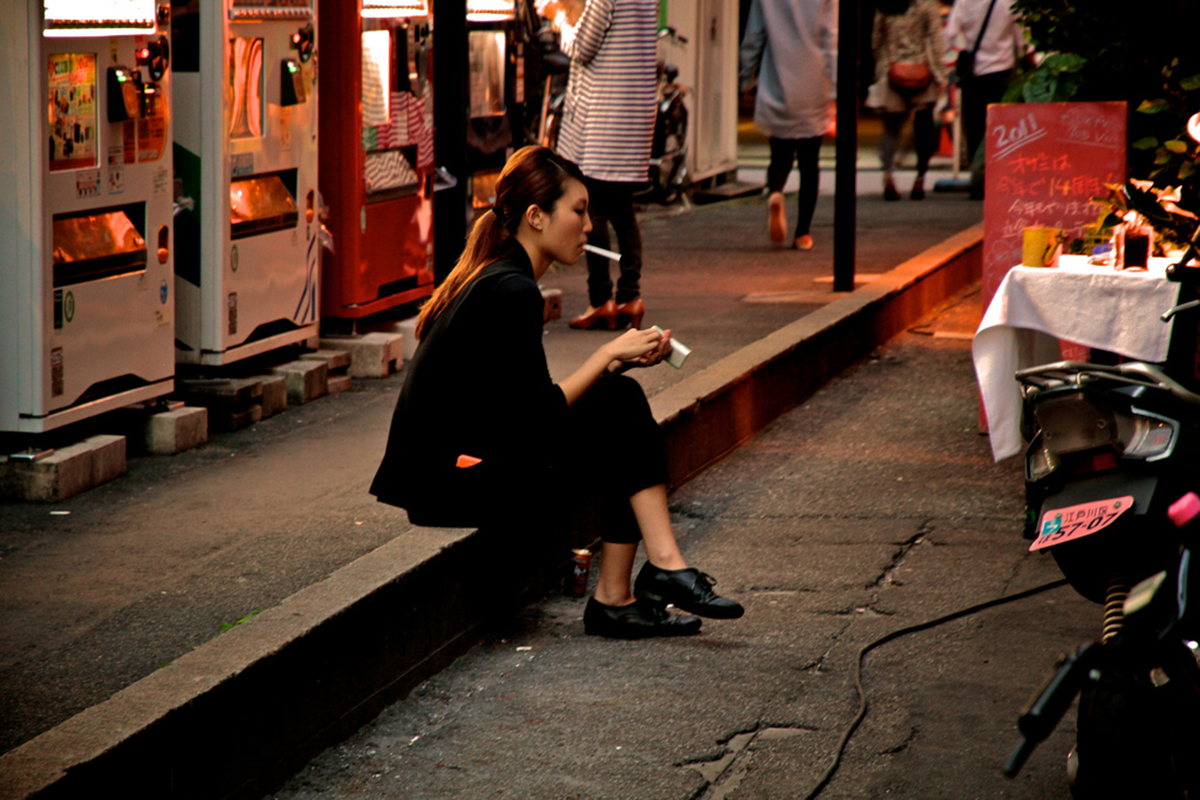Table of Contents
Postpartum depression may initially result in similar symptoms the Baby Blues would, but make no mistake: it's a whole other beast. Though the Baby Blues can lead to crying bouts and moments of dark contemplation, signs of postpartum depression (PPD) are severe enough to seriously impact your daily functioning and relationship with your baby. Rather than coming and going, postpartum depression hangs over you like a dark cloud.
You may be suffering from postpartum depression if you're having difficulty bonding with your newborn, and perhaps have feelings of harming yourself or your baby. As with other forms of depression, symptoms can include a lack of motivation, not enjoying the things you previously loved, socially withdrawing from others, a loss of appetite or a tendency to binge-eat, and near-constant feelings of sadness, anger, irritability and worthlessness. Women suffering from postpartum depression will worry about their abilities to be a good parent, and will likely experience insomnia beyond the baby keeping them up.

Postpartum psychosis, a severe form of postpartum depression, can actually lead to delusions and hallucinations, causing sufferers to become extremely paranoid.
What To Do If You Think You Have PPD
Unlike the Baby Blues, postpartum depression can't simply be expected to go away on its own. Remember, though, that postpartum depression doesn't mean that you are a bad mother. Though seeking help may feel scary — even more so because you are depressed — postpartum depression isn't anything to be ashamed of. Likely caused by a combination of hormones and brain chemistry, it's simply something that happens. A lot.
If you think you have postpartum depression, you may feel like you're alone, but you are not. Up to 20 percent of all new mothers will experience symptoms.
With the right help, those dark clouds can lift, and your life can become enjoyable again. Don't hesitate to call your doctor, then, knowing in advance that they've most likely already seen so many moms with PPD that they almost consider your call routine. Seek help if your symptoms don't clear up within two weeks after giving birth, if they are getting worse, or if you honestly don't want to go on any more. Should you have symptoms of postpartum psychosis, you are suicidal, or have thoughts of harming your baby, immediate help is needed and even going to the ER is a good course of action.
READ Baby Blues and Postpartum Depression (PPD): Causes and Treatment
In addition, if your life is simply incredibly overwhelming at the moment, getting additional support in caring for your baby will help you on your road to recovery. Consider hiring a mother's helper or a cleaning lady, and make getting together with other adults in an intellectually and emotionally fulfilling manner a priority.
Postpartum depression sucks, but it can be overcome. In no time, this period of your life will become nothing but a memory and you will be free to enjoy the rest of your life with your child.
- Photo courtesy of donnieray: www.flickr.com/photos/donnieray/12393717044/
- Photo courtesy of donnieray: www.flickr.com/photos/donnieray/12393717044/
- Photo courtesy of taqumi: www.flickr.com/photos/taqumi/6227012560/


Your thoughts on this